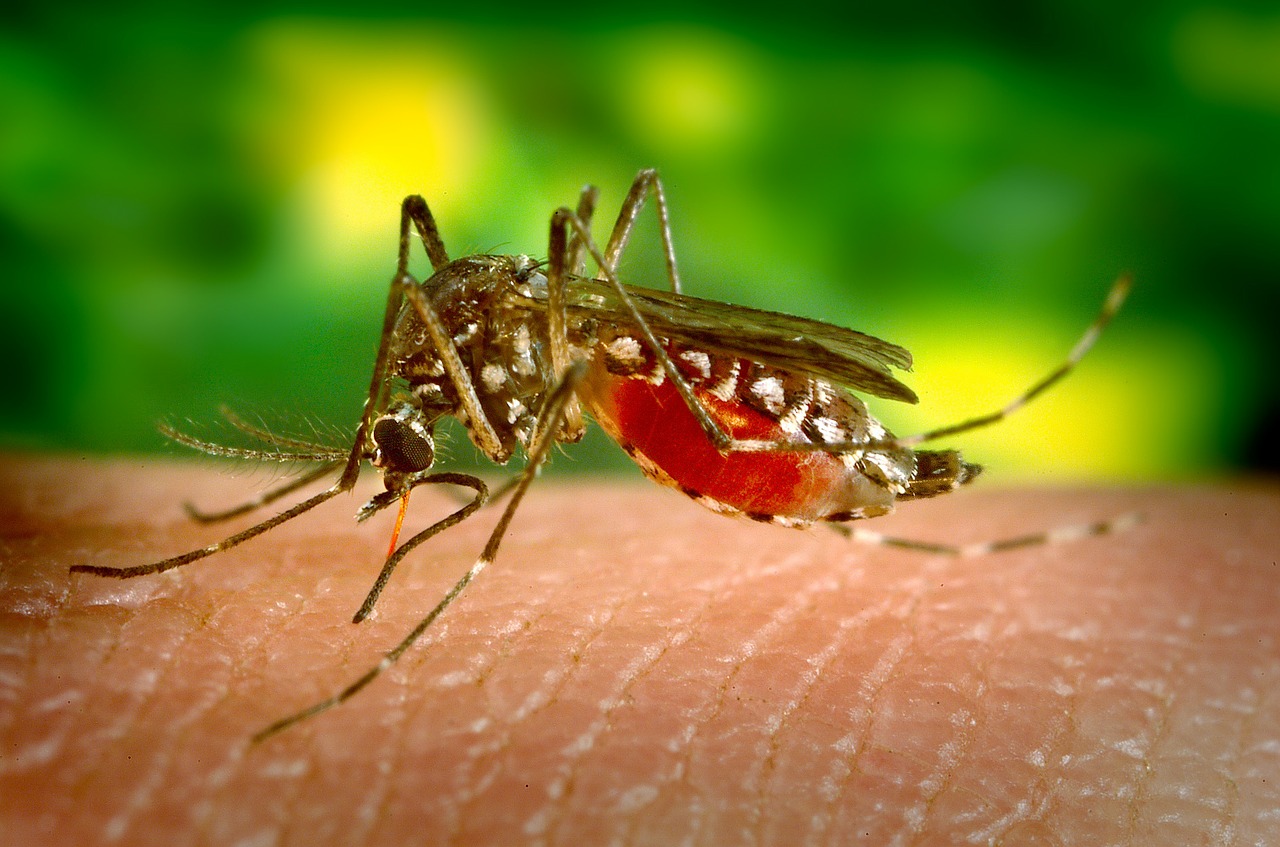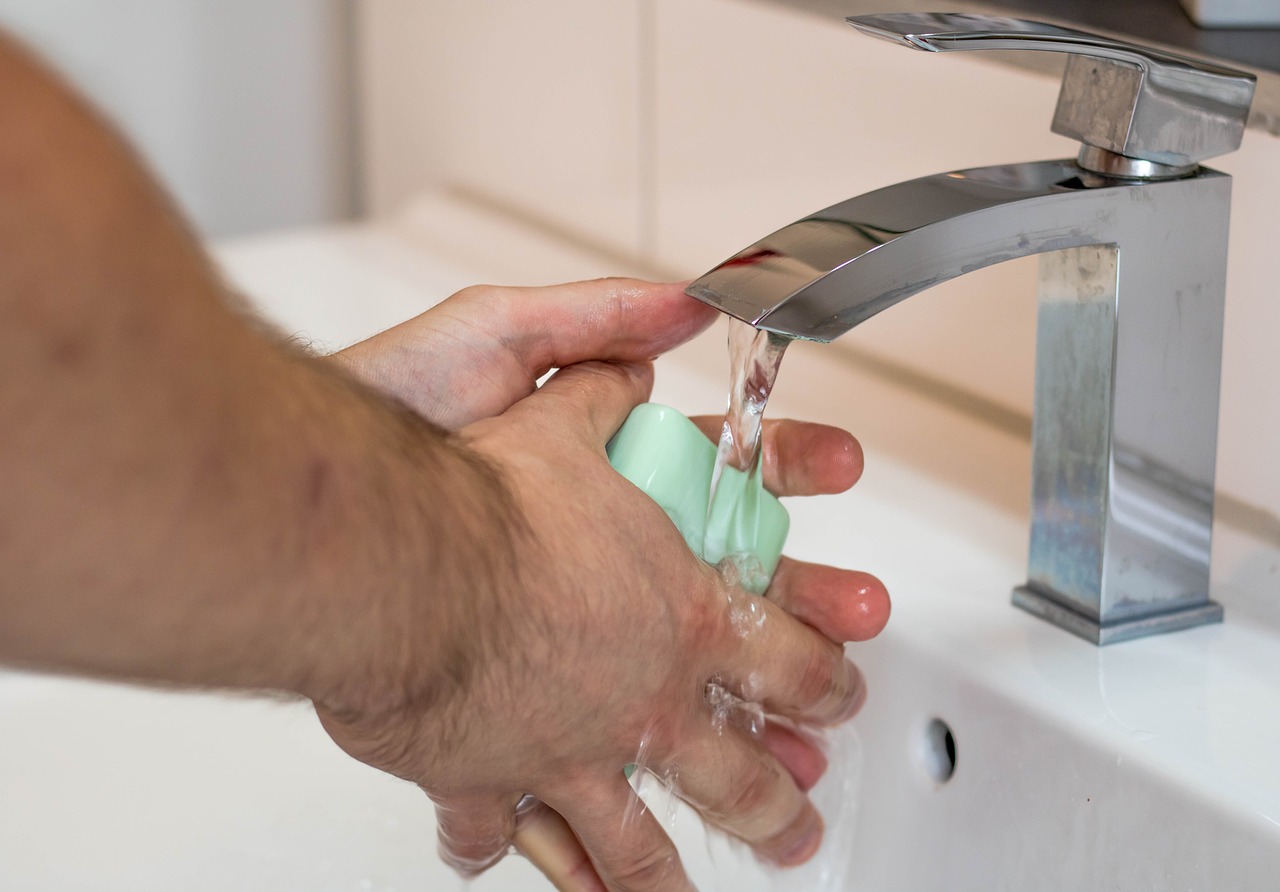As Westerners, it’s important to be cautious of the infectious diseases that we may encounter while abroad. Depending on the region that you’re traveling to, there are specific parasites and diseases that you could come across. There’s nothing worse than being on vacation and coming down with a sickness that hinders your activity or even stops it cold. In this case, travel medical insurance can come in handy.
With proper prevention and caution, you could avoid getting extremely sick and spend more time enjoying your travels than laying in your sick bed.
What Travel Medical Insurance Covers

Most travel insurance policies include emergency medical coverage. However, you should do the research for specific risks when it comes to the countries you’re traveling to so you know how to best prevent any infections.
In the unfortunate event that you do fall ill, you can rest assured that you’ll be taken care of. When signing up for the policy, you can also be given the information for the local medical services.
Countries and Diseases
A general rule of thumb is to check the health risks of the areas you are traveling to. The Centers for Disease Control is a great resource for travelers because it includes the specific health risks and the vaccinations that you may be required to get for your visa. If there is a travel notice for a country, the CDC will post the travel warning and the level of concern for each country.
One of main concerns with traveling is parasites that can cause illness in water and food. Some of the diseases that you can get range from Montezuma’s revenge (traveler’s diarrhea) to yellow fever. Some of the more common infectious diseases you can catch are:

Diseases
- Yellow fever is a virus that is spread through mosquito bites. The risk is the highest for travelers to South America and Africa. Luckily, there is a vaccine that you can get before you travel that will prevent you from getting it for life.
- Malaria is a common disease that comes from contaminated mosquito bites. Travelers going to high-risk regions should take prescription medication before, during and after their trip to prevent infection.
- The Zika virus is another disease spread from mosquitoes that is detrimental, and extremely dangerous to pregnant women. The list of countries with warnings can be found on the CDC site, with countries mostly in the Caribbean, Africa and Central America.
- Typhoid fever is a disease spread by contaminated food and water. It is important to get typhoid vaccinations before you travel to any high-risk areas. These regions include Africa and Latin America, with the highest-risk area being Southeast Asia.
Parasites
- Giardia is a parasite found in contaminated food and water that is commonly found in areas with poor sanitation. The parasite lives in your intestines and causes extreme abdominal and digestive pain.
- Crypto is a microscopic parasitic disease commonly found in animals. When the parasite is ingested by humans, it causes diarrhea. The most common way to get it is by drinking unfiltered water.
Many of these diseases have vaccinations that you can get before traveling, and in the event that you come into contact with any of these while traveling, call your travel medical insurance provider to see what your options are.
How to Practice Safety Precautions While Traveling

The best way to stay prepared for health travel risks is education, practicing extreme precaution and insuring yourself so that you will be covered if anything bad happens. There are several safety precautions that will lessen your chances of getting infected.
- Get vaccinated for diseases
- Wash your hands extensively
- Don’t eat undercooked meat or unwashed fruit and vegetables
- Don’t drink tap water or ice from tap water
- Avoid street food in some countries (your tummy will thank you later)
- Be cautious of where you swim
- Do not wash food with unfiltered, contaminated water
Following these general guidelines, as well as more region-specific guidelines is a great way to make sure you stay healthy and out of the hospital on your adventures.